This article was last updated on Oct. 25, 2023 at 5:00 p.m.
On Monday Oct. 9, New School students received an email from Interim President Donna Shalala addressing the ongoing Israel-Hamas war. “We are shocked and outraged by the multi-pronged and deadly attacks on Israel by Hamas that began over the weekend,” said an excerpt from the email referring to the Oct. 7 attack on Israel. That initial statement has sparked condemnation from student groups who say she did not address the Palestinian lives lost.
Groups like Students for Justice in Palestine and the New Student Workers Union released official statements condemning the president’s insensitivity to the ongoing humanitarian crisis in Gaza.
After receiving backlash for her statement, President Shalala issued another statement the following morning that included Palestinian recognition and an apology for her previous exclusion. The President’s office declined to comment further to The New School Free Press.
“You’re focusing on either the history and context, on occupation and apartheid, or you’re seeing what’s going on as if history started last week … If you choose the latter, which is what the President said in her statement, then that can lead you into Zionist rhetoric and not seeing everything that’s happening in its entirety,” Students for Justice in Palestine (SJP) co-chair Vanessa Guaraca said.
On Saturday Oct. 7, the Palestinian militant group Hamas made a surprise attack on Israel, becoming one of the largest attacks on Israel in decades with at least 1,400 casualties. The Israeli military launched an aggressive retaliation on the Gaza strip which is controlled by Hamas. The Gaza Health Ministry reported a death toll of over 3,000 and the numbers keep climbing. This surprise attack on Israel by Hamas comes after a long history of conflict between Israel and Palestine over Israel’s occupation and oppression of Palestinian land and its people.
The ongoing war continues to escalate as the Israeli government blockades Gaza. Israel has cut off access to electricity, food, water, and medical supplies to around 2.3 million residents in Gaza, the majority of which are Palestinian.
The New School chapter of SJP posted an official response statement on Oct. 12. “Any appraisal that does not take into account the ongoing violence of Israeli occupation and the transformation of Gaza into the world’s largest open air prison only serves to delegitimize Palestinian resistance,” the group said in their full statement.
The SJP has received support from both the New Student Workers Union as well as other students and staff at the university. Parsons School of Design professor Tamar Samir responded to SJP’s response statement, “I wrote to the President and Provost to express my dismay at [the university’s] terrible communications.”
However, some members of SJP have expressed the lack of recognition and empathy they are feeling in class from their professors.
“I think addressing people who are experiencing grief and loss and are very impacted by what’s happening. In that regard, I think all professors should address that,” Guaraca said.
On campus, the SJP group has been trying to focus on encouraging student involvement, hosting meetings, gathering for protests, and presenting with guest speakers. Their efforts have been met with some resistance: “Our flyers were just student involvement, for an event with Ilan Pappé, but all of them are just taken down,” said a second-year student at Eugene Lang College of Liberal Arts and a member of the SJP. The Free Press has granted this student anonymity due to their concerns about retaliation.
SJP students nationwide have faced blacklisting and doxing on sites like Canary Mission, a site dedicated to publicly shaming individuals involved in pro-Palestine movements. Rose Ottallah, a graduate student at the Schools of Public Engagement, was listed on the site in 2019 during her time as an undergraduate at her previous university.
“I was labeled a domestic terrorist in the eyes of the American public, when simply my only goal was to educate people on the plight of the Palestinians, the occupation, and the call for Palestinian Liberation and self determination to be recognized in the international community,” Ottallah said. “The only crime of the Gazan people was simply being born. They should not be misrepresented or generalized … So that’s the frustrating thing on social media is to blame the civilians of an occupied territory for their own demise.”
Social media is a breeding ground for misinformation right now. “The lack of media literacy is inciting fear, xenophobia, and racism into people,” Ottallah said.
One way sites like Canary Mission blacklist students in SJPs is by labeling them antisemetic. “There are Jewish Palestinians, there are Palestinians of every faith, right? And not all Jewish people subscribe to the Zionist ideology … it’s huge to label someone as antisemitic,” a second-year Lang student in the SJP said.
In a world of misinformation, institutions only acknowledging part of the story is detrimental, leading to SJP condemning President Shalala’s one-sided statement.
“The plight of the Palestinian people has been proven to be able to mobilize communities across the world…able to move mountains … it’s important to recognize, especially when our own administrations are facilitating the Zionist lobbying, and allowing students…to be essentially misinformed by it,” Ottallah said.
The SJP has worked tirelessly this week to mobilize The New School community in support for Palestinian liberation. “I think finding ways to collectively join an organization … is the most important thing that you can do as an American citizen,” Guaraca said.
SJP member and BA/MA program senior Suzanne Parks said, “As an American taxpayer, whether you feel connected to it or not you are…Everyone should be concerned and more unsettled with what’s going on in Israel, because we do have an implicit involvement in it 100%.”.
Parks wants Americans to be more angry about the U.S. funding the Israeli military. She believes the money could instead be funding social programming and community developments in the U.S.
“Shouldn’t you be more angry that we don’t have health care in this country? The subways look this deplorable? … you’re forced to have babies, but you can’t feed them?” Parks said.
Ottallah said: “If the world was able to see the original Nakba of 1948, where 700,000 Palestinians were exiled out of their original villages and homes, if people were able to see that in real time, through television or mass media, then maybe the atrocities wouldn’t have happened to us then. But now we know that people can see a genocide happening in real-time and they will still sit back in silence.”

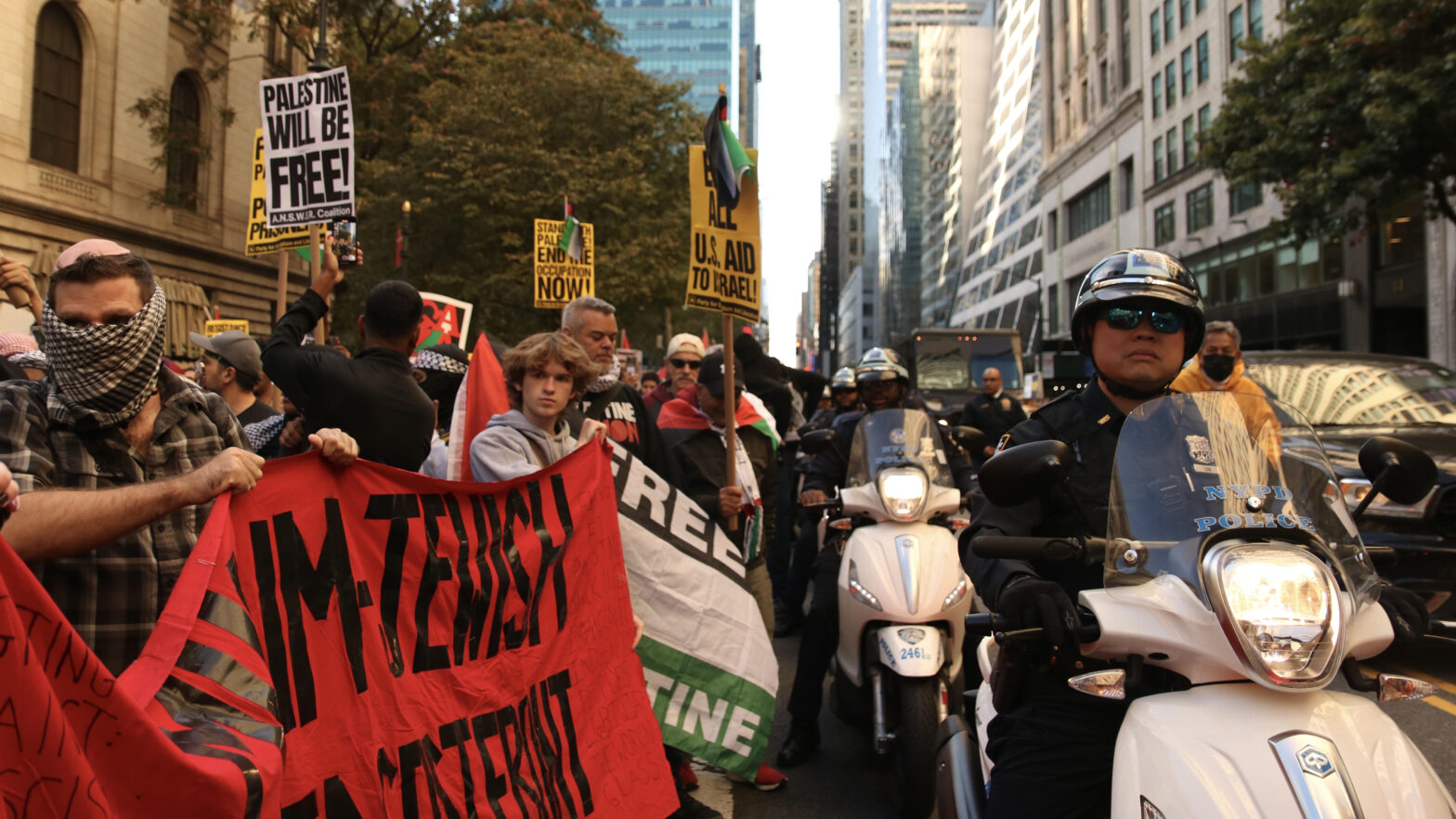


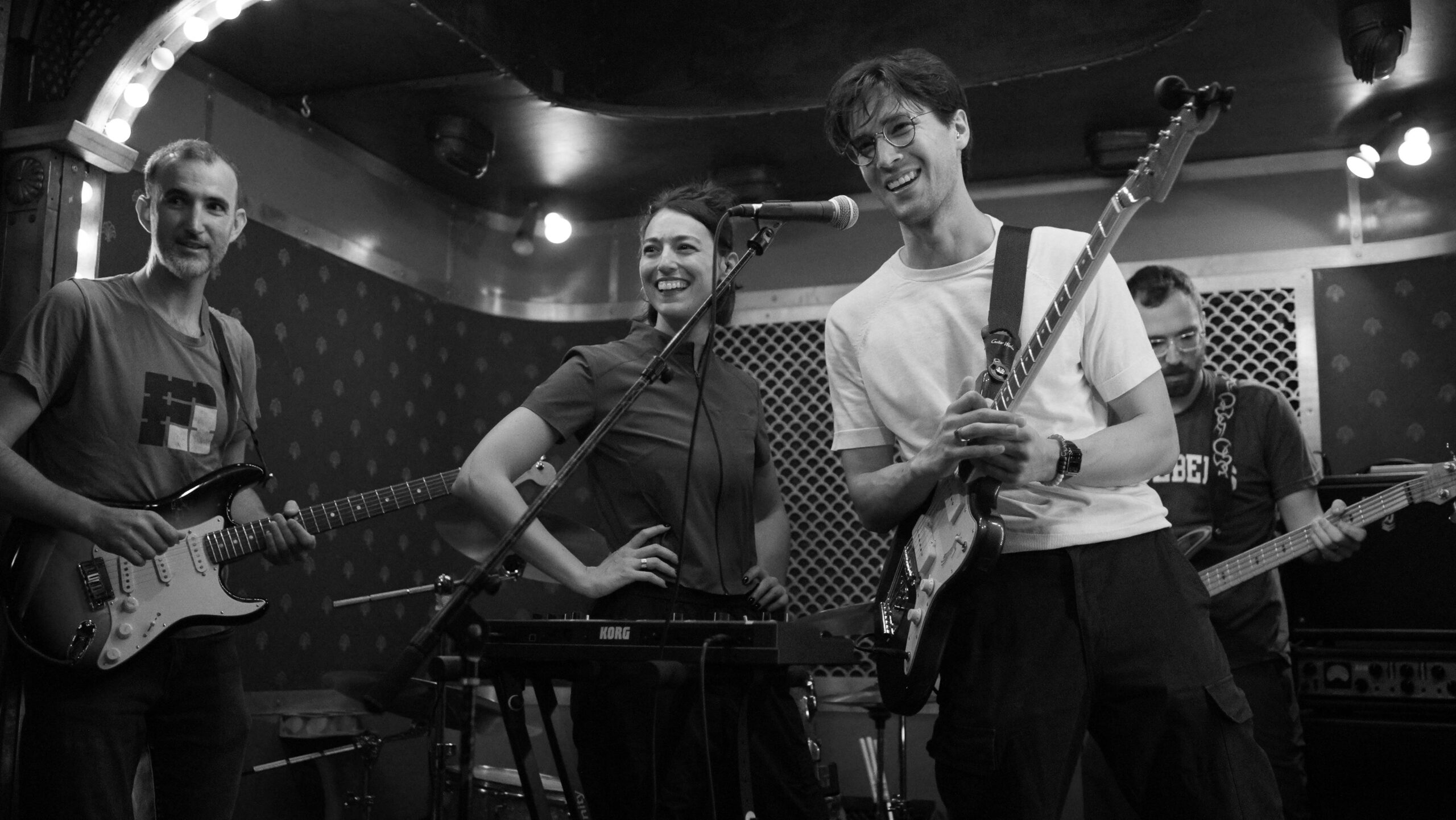
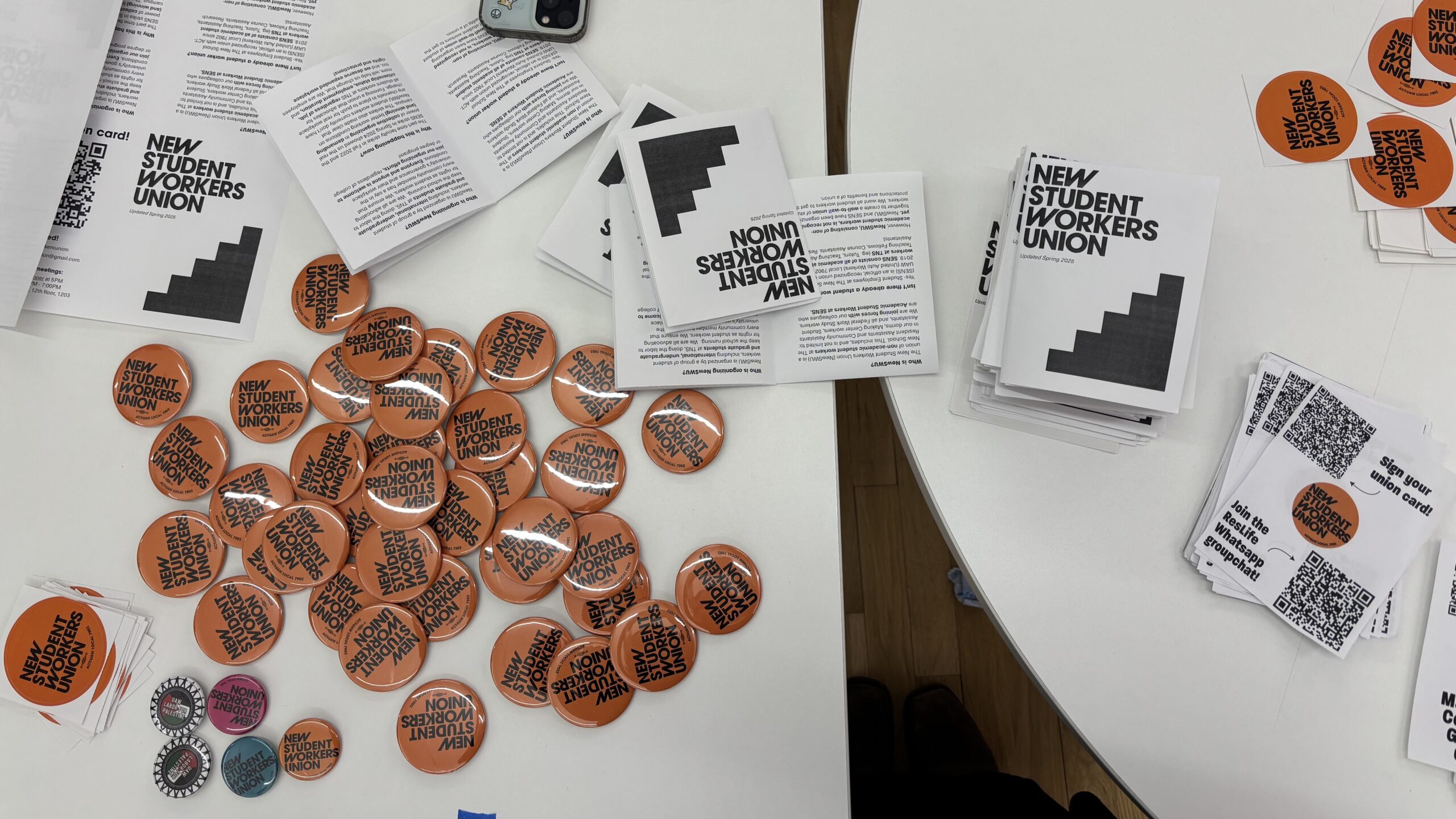
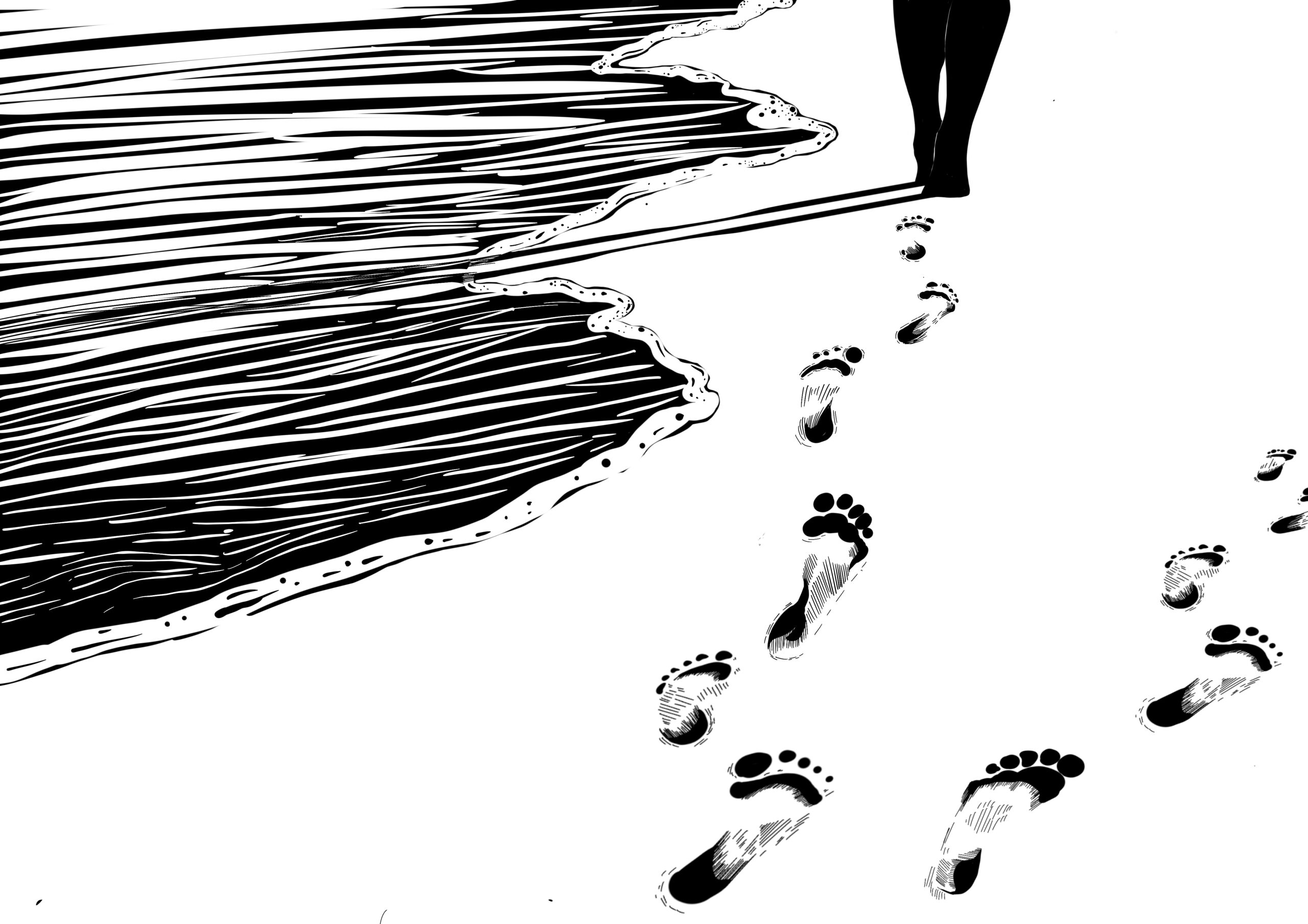
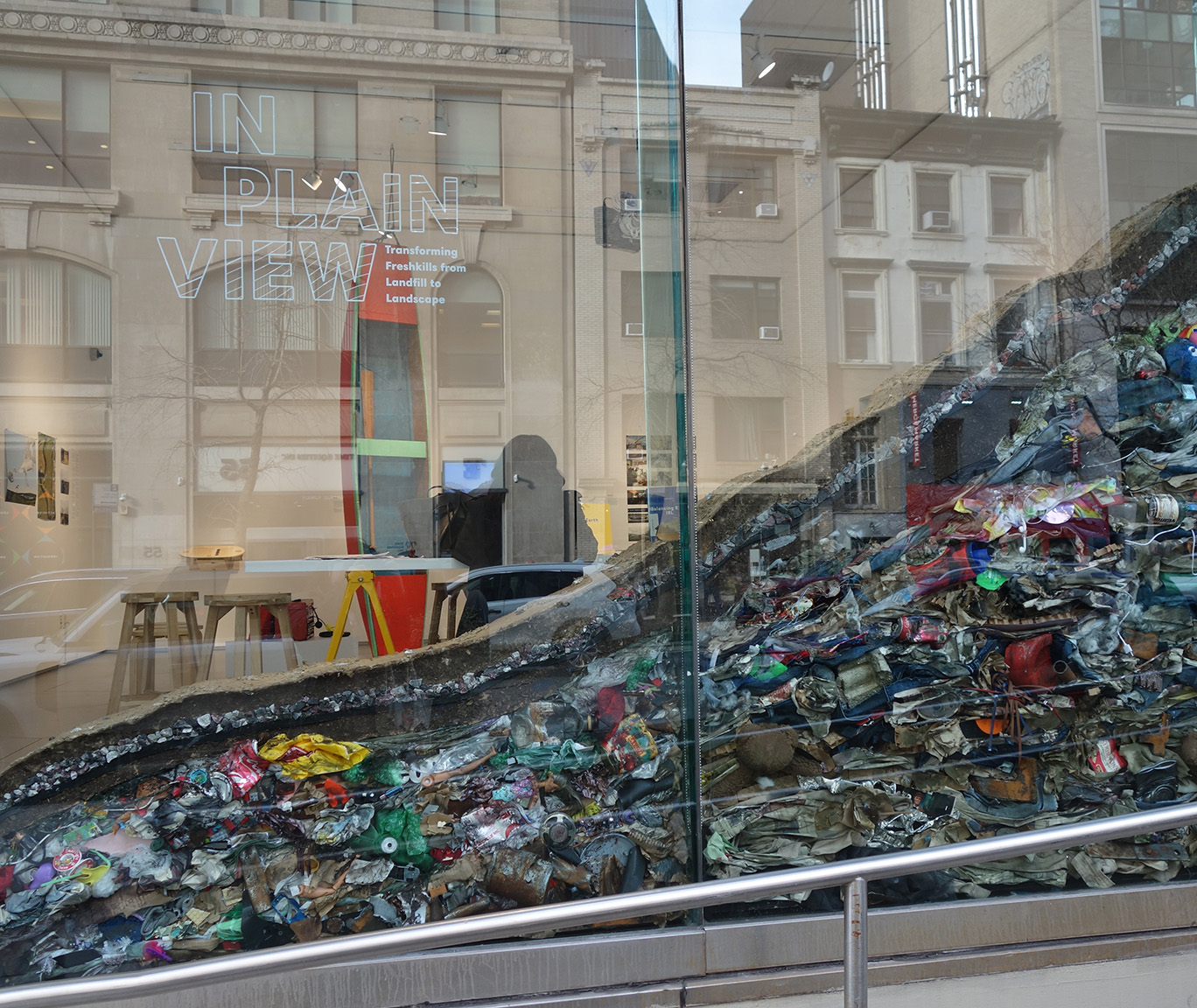
Leave a Reply